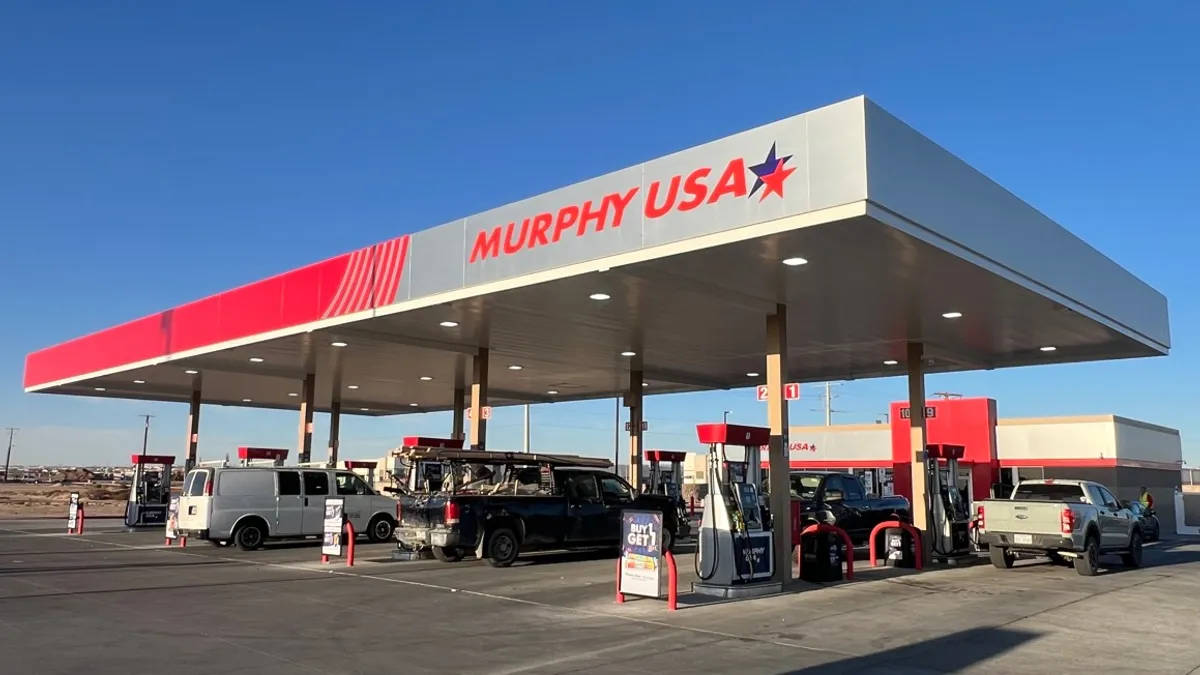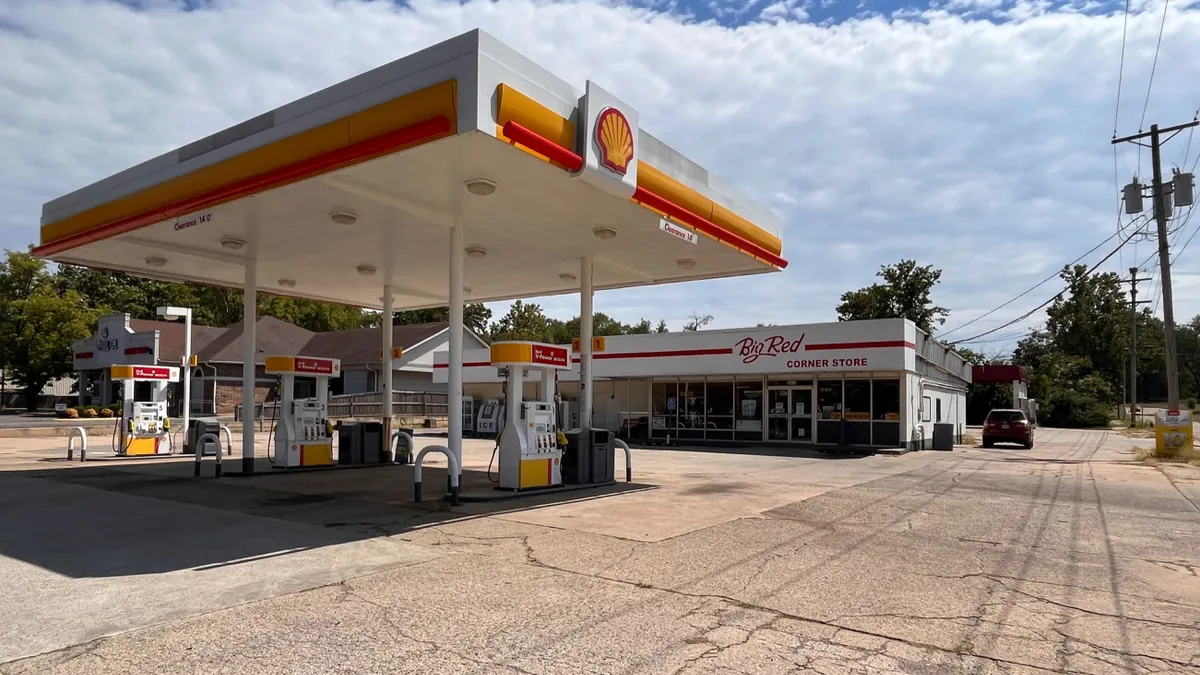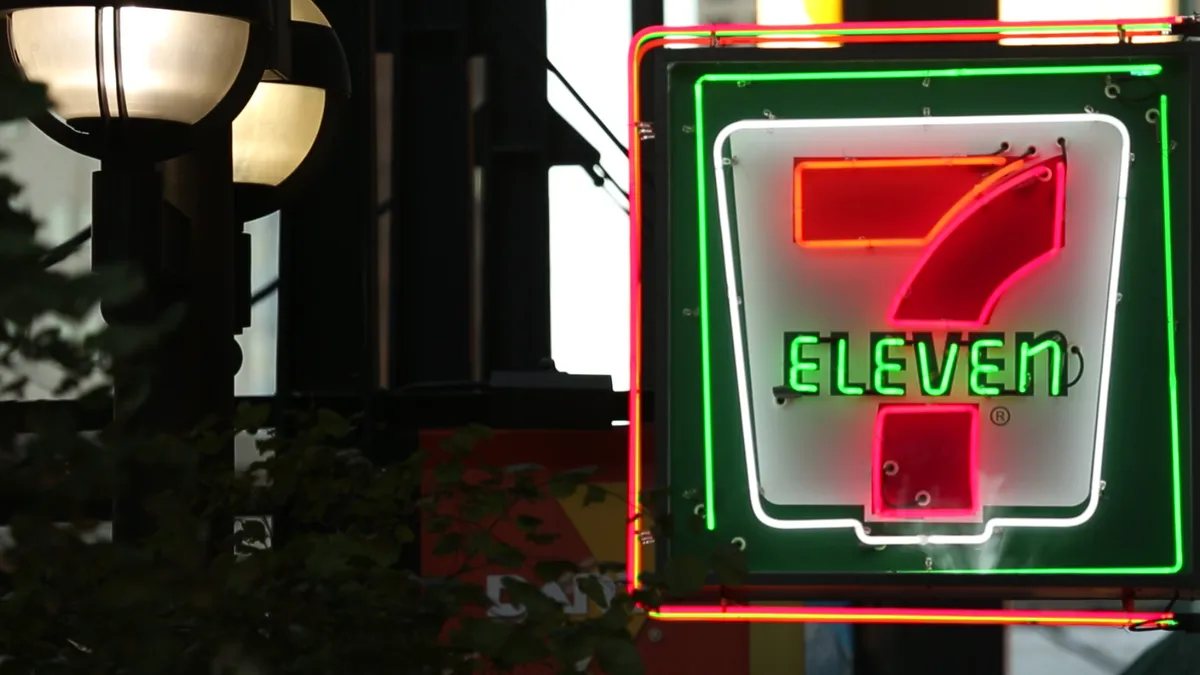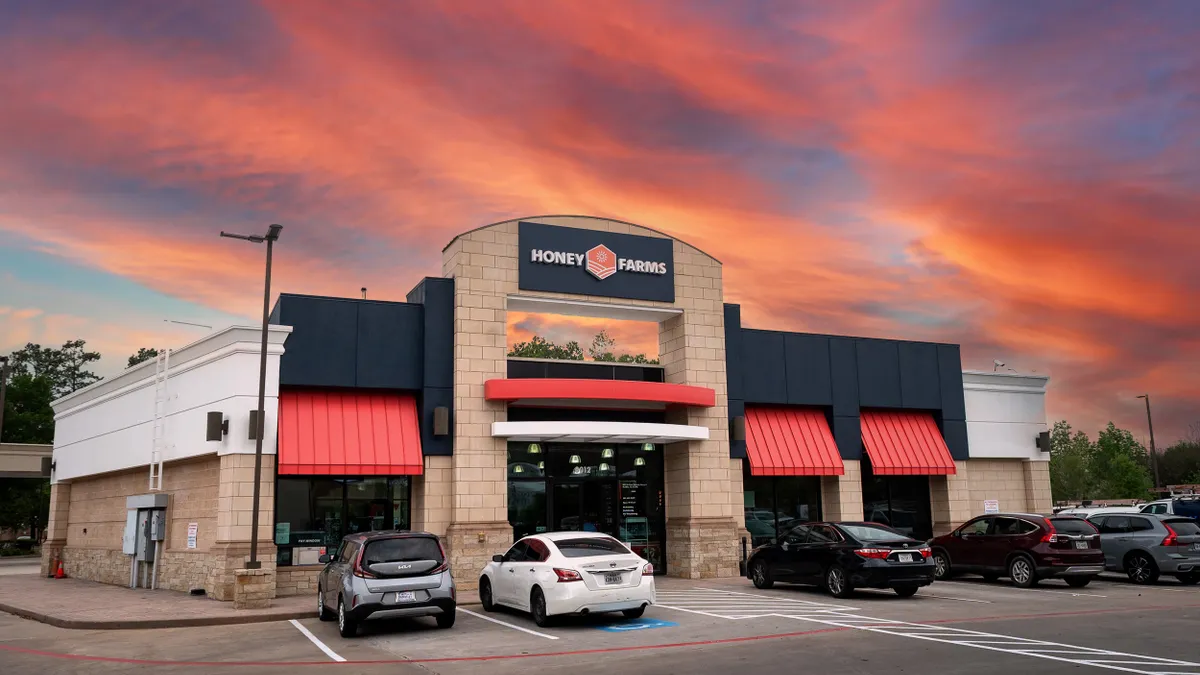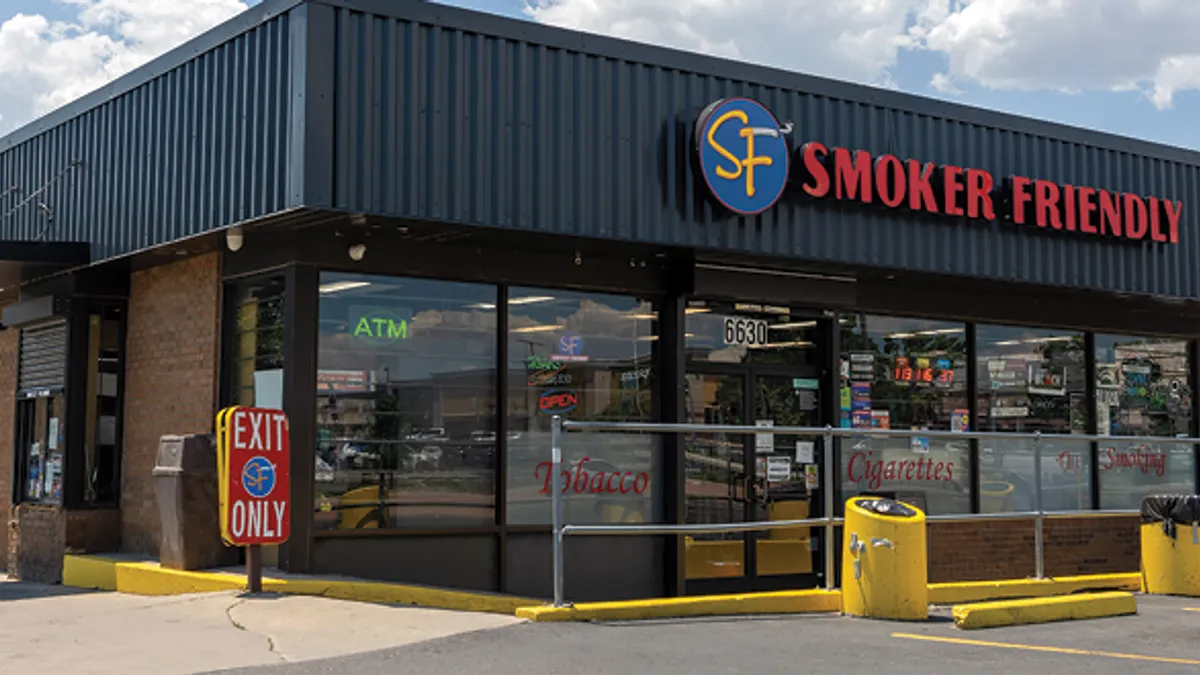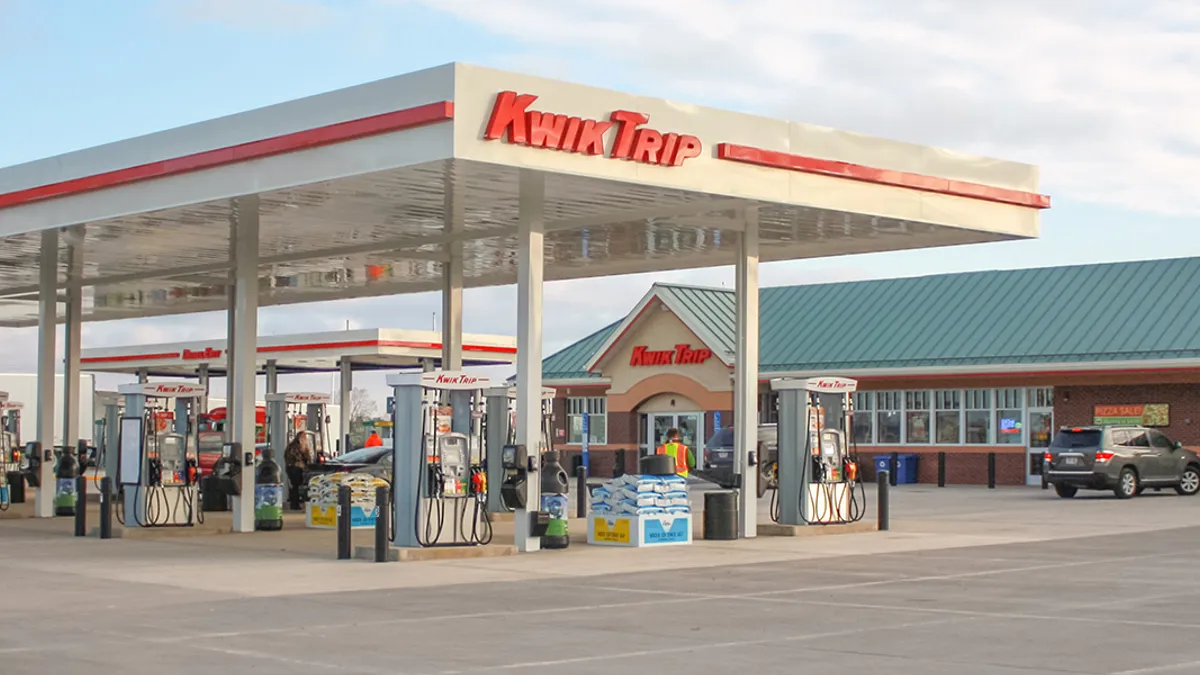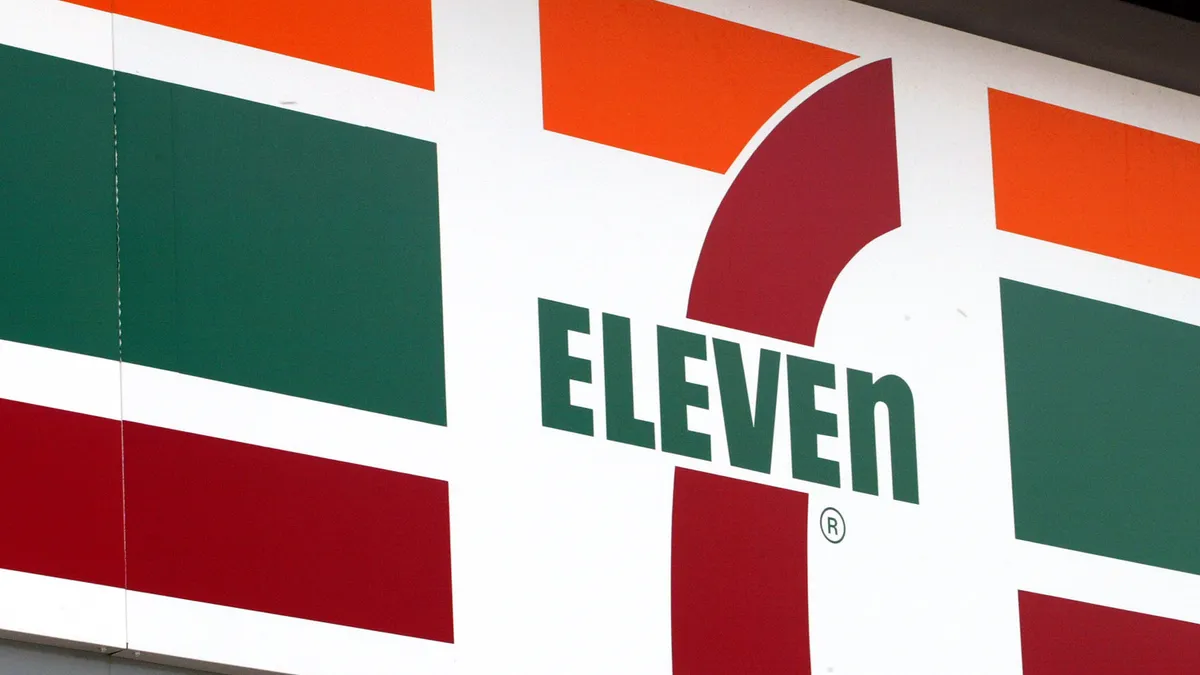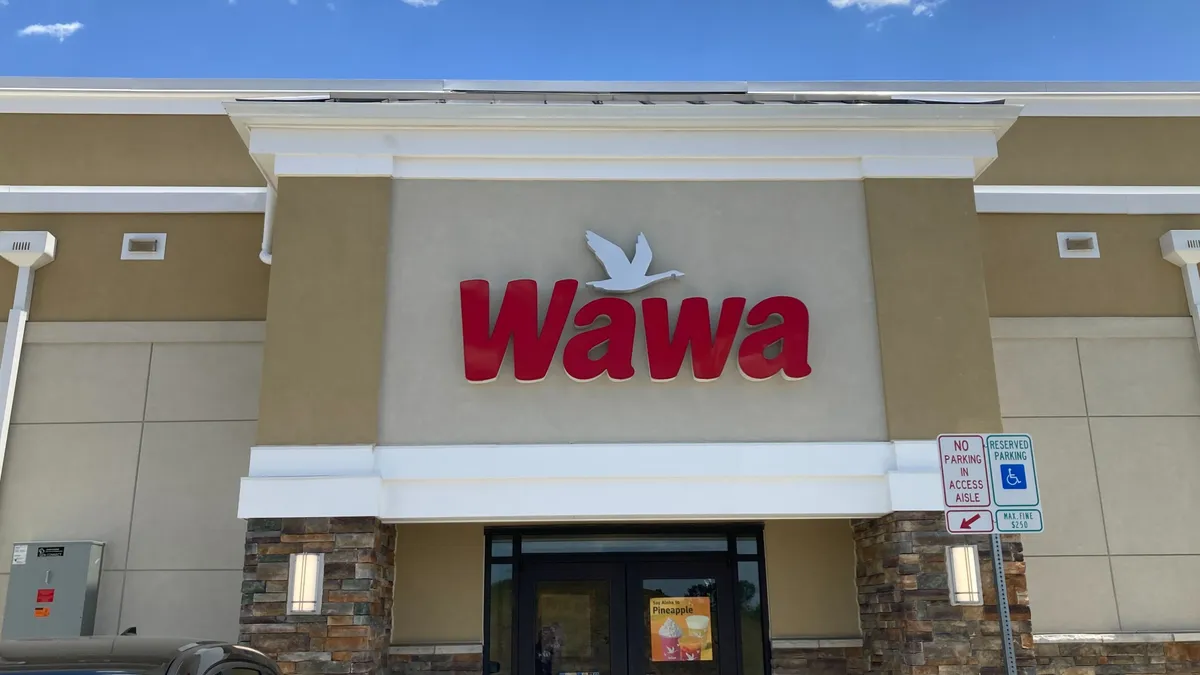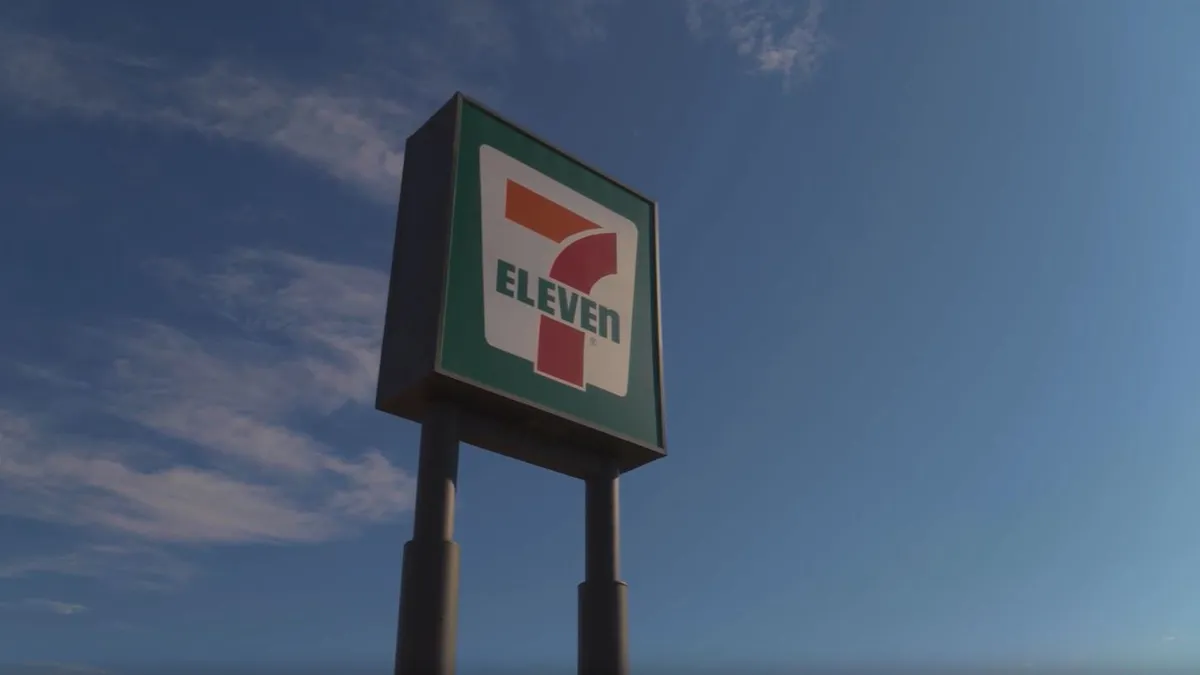The convenience store industry has had plenty of bright moments in recent memory. It’s also experienced a handful of surprising bankruptcies that led to downright shocking collapses from some of the companies and leaders involved.
With the spookiest day of the year upon us, C-Store Dive is taking a look back at four bankruptcies that rattled the convenience store industry over the past couple of years. All of these downfalls came unexpectedly, and some of them demonstrated such jarring executive mismanagement that any news about them still raises eyebrows.
Here’s how they unfolded.
Mountain Express’ financial mishandlings and corporate dysfunction
When Mountain Express Oil filed for Chapter 11 bankruptcy in March 2023, nothing seemed out of the ordinary. The company said at the time that it was undergoing a “comprehensive restructuring” intended to strengthen its retail segment, fuel distribution business and dealer network.
That changed when Mountain Express — which operated nearly 300 of its own convenience stores and supplied fuel to hundreds of others — shifted to Chapter 7 by that August, liquidating all of its assets and terminating operations.
Over the following months, several former corporate employees, as well as the bankruptcy court, revealed that the company’s toxic work environment and leadership’s financial mishandlings were major factors in its demise.
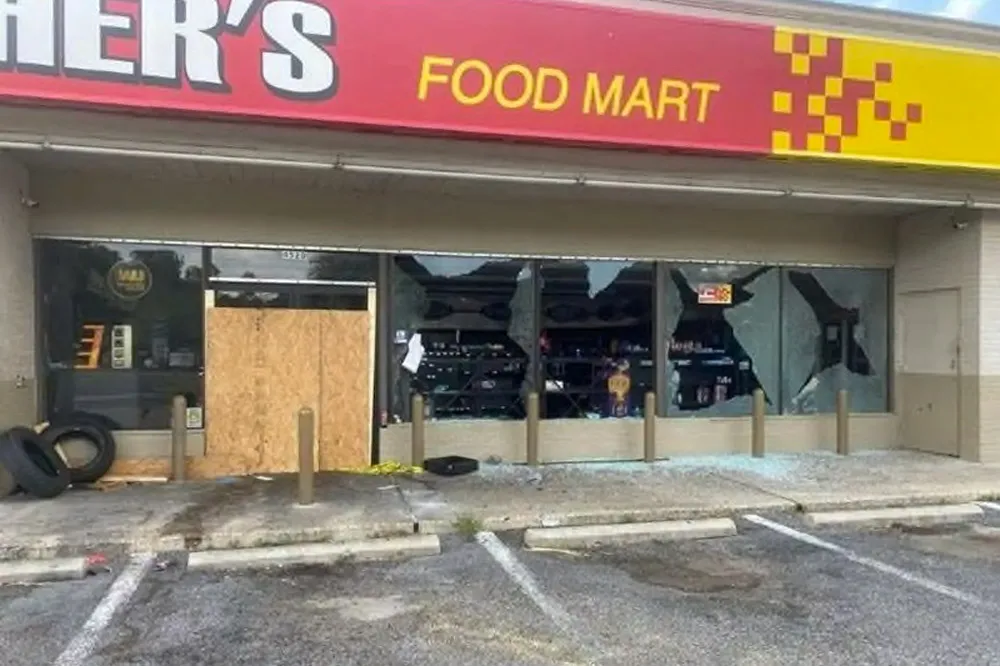
Although things have quieted down in the past several months, Mountain Express’ bankruptcy case is still unfolding. The court continues to sell off its assets piece by piece and investigate the company’s former leaders for siphoning funds from the company into separate entities they owned.
SQRL’s chaotic and confusing rise and fall
In late 2023, a relatively unknown company burst onto the c-store landscape when it acquired the leases for 210 of Mountain Express’s old locations from real estate investment trust Blue Owl Capital.
Although SQRL CEO Blake Smith said SQRL aspired to reach 500 locations by the end of 2024, the company quickly found itself with severe liquidity issues and collapsed within its first year. It endured several rounds of layoffs, multiple investigations by the Department of Labor for withholding wages and, ultimately, a $17 million sale of its c-store leases to another entity that continues to spiral out of control amid multiple bankruptcy filings.
That entity, Gas Hub LLC, has spent the past several months in court trying to salvage whatever SQRL leases it can, although most if not all have been terminated due to non-payment of rent. Gas Hub’s CEO, Jamal Hizam, told C-Store Dive earlier this year that he doesn't plan to back down despite court orders to do so.
Choice Market’s post-pandemic collapse
Choice Market, the upscale, tech-forward convenience retailer that became one of the faces of the urban c-store trend, filed for Chapter 11 bankruptcy this summer after struggling to rebound after its sales tanked during the COVID-19 pandemic.
In late September, CEO and founder Mike Fogarty said in an interview that Choice — which operated five c-stores in the Denver area — would restructure and continue operating. However, just a couple weeks after that conversation, Fogarty publicly announced that Choice was ceasing operations.
“I am hopeful that Choice made our industry think differently about what it means to push boundaries and innovate for the next generation who values quality, health, and convenience,” Fogarty said in a LinkedIn post earlier this month.
Choice’s rise and fall highlighted the difficulties that urban convenience store retailers, which prioritize food and merchandise over fuel, have faced over the past few years.
Another urban retailer faced similar pitfalls to Choice, except it managed to rise from the dead.
Foxtrot’s perplexing demise and resurrection
After launching its first location in 2014, Chicago-based Foxtrot became one of America’s most talked-about urban c-store chains. By 2023, the company had reached about 30 locations, and it opened its largest store to date that summer in Austin.
Toward the end of the year, Foxtrot surprised the c-store and grocery worlds when it announced a merger with grocery chain Dom’s Kitchen & Market, a deal that would create a food-focused retail competitor operating under the newly formed Outfox Hospitality umbrella.
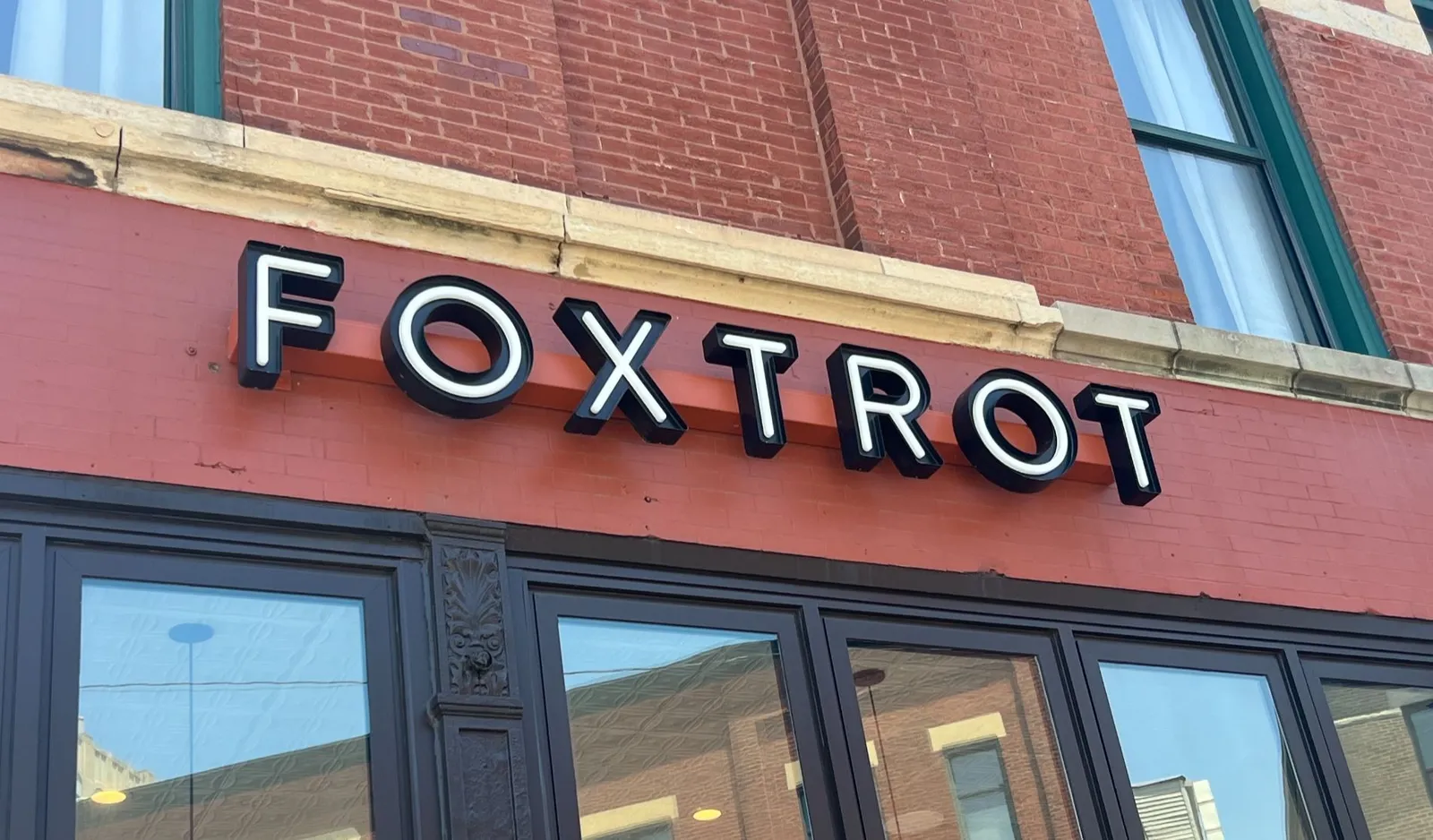
Instead, the opposite happened. In April 2024, both companies abruptly ceased operations, shuttering Foxtrot’s 30-plus locations across three states and Dom’s two grocery stores in Chicago. Outfox filed for Chapter 7 bankruptcy a few weeks later and sold the non-real-estate assets for over a dozen Foxtrots for $2.2 million in a foreclosure sale that one attendee told C-Store Dive was “completely ramrodded.”
That buyer was a hospitality firm that includes Foxtrot’s founder, Mike LaVitola, who left the retailer in early 2023. LaVitola said in an interview last summer that he believes Outfox failed to move quickly enough and stay ahead of its “very large overhead.”
LaVitola also detailed plans to reopen 15 Foxtrot stores in Chicago through 2025. The first of those stores debuted in early September, and two others have resurfaced to date, along with the company’s foodservice and delivery operations.





